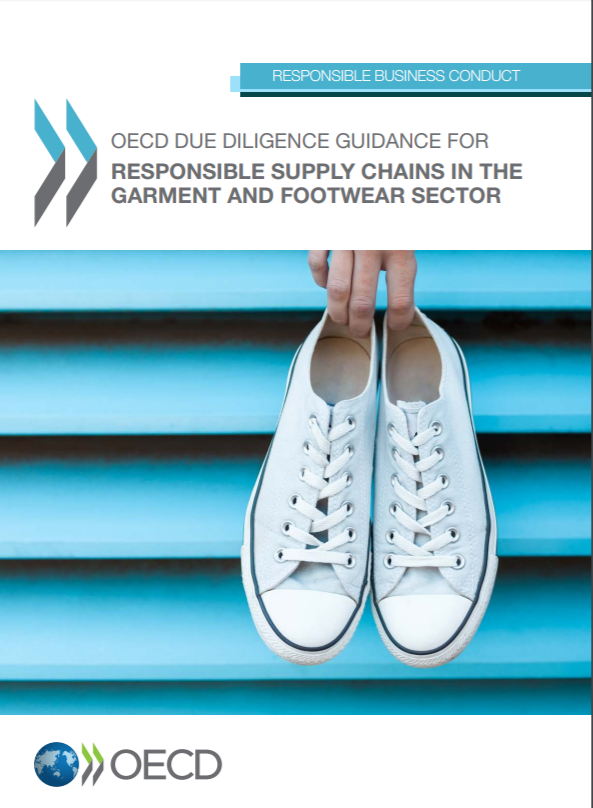Respecting the Rights of Indigenous Peoples: A Due Diligence Checklist for Companies
GuidanceThis Checklist seeks to provide companies with operational guidance on how to ensure due diligence when operating in areas where projects may affect indigenous peoples. Based on the United Nations Declaration on the Rights of Indigenous Peoples (UND...Read More

